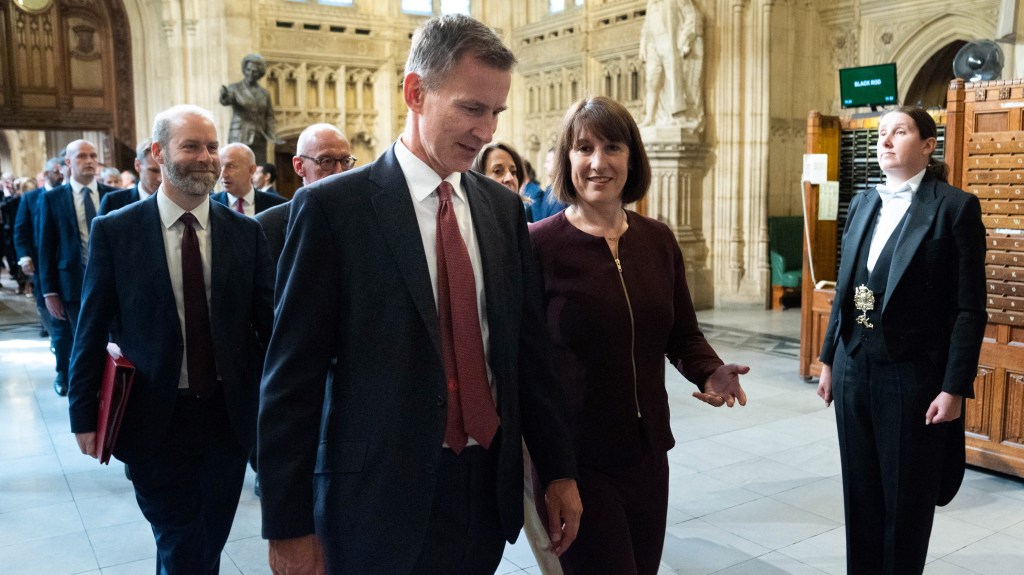Rising Inflation Affects Renters and Mortgagors More Than Homeowners
The recent surge in inflation has disproportionately impacted renters, mortgagors, and workers compared to homeowners without mortgages and retirees, underscoring the financial pressures faced by younger generations amid the current cost of living crisis.
According to data from the Office for National Statistics (ONS), private renters faced an inflation rate of 3.2 percent and those with mortgages experienced a rate of 3.7 percent for the year leading up to June.
In contrast, outright homeowners reported a significantly lower annual inflation rate of just 1.3 percent, while retired households had the lowest rate observed across the groups at 1.2 percent. Workers, on the other hand, had an inflation experience of 2.9 percent.
The ONS noted that «mortgage interest payments accounted for an additional 2 percentage points on the annual rate for mortgagor households, while private rental costs added 2.2 percentage points for private rental households.»
These findings reveal that escalating prices and interest rates are deepening the generational divide. According to the latest English housing survey, a significant 70 percent of 16-to-24-year-olds and 40 percent of 25-to-34-year-olds are currently renting, while owner occupation is at its highest among those aged 55 and above, at around 75 percent.
The Bank of England has raised the base interest rate to 5.25 percent, marking the highest level in 16 years, after previously reducing it from a historic low of 0.1 percent. Rental inflation peaked at a staggering 9.2 percent in March but has since moderated to 8.6 percent.
Liz Emerson, co-founder and CEO of the Intergenerational Foundation, which aims to address inequality among age groups, stated, «These statistics clearly show that younger households are facing the brunt of higher inflation, primarily due to exorbitant housing costs.»
Emerson also expressed concerns regarding the Labour government’s adjustments to the winter fuel allowance, asserting that reliance on means-testing is «poorly guided and unfair across generations.»
Recently, Chancellor Rachel Reeves announced that the winter fuel allowance—intended to assist the elderly with energy costs—would now be means-tested and made available only to pensioners on benefits, following criticism that the previous scheme benefited affluent retirees. However, this move is expected to cut essential support for middle-income seniors.
Furthermore, Sam Tims, a senior economist at the New Economics Foundation, argued that private renters have suffered due to the UK’s failure to construct «sufficient high-quality housing, particularly social housing.»
Tims added, «The ongoing challenges in the housing market are worsened by high interest rates, which have a more severe impact on mortgagors compared to those who own their homes outright.»
Interestingly, a significant decline in food and energy price inflation has alleviated some financial strain on lower-income households. The ONS reported that the inflation rate for the lowest income group in June was 1.7 percent—the lowest of any group—down from 10 percent last June, the highest rate at that time. Conversely, the wealthiest households faced an inflation rate of 3.3 percent, likely influenced by increased mortgage repayments.






